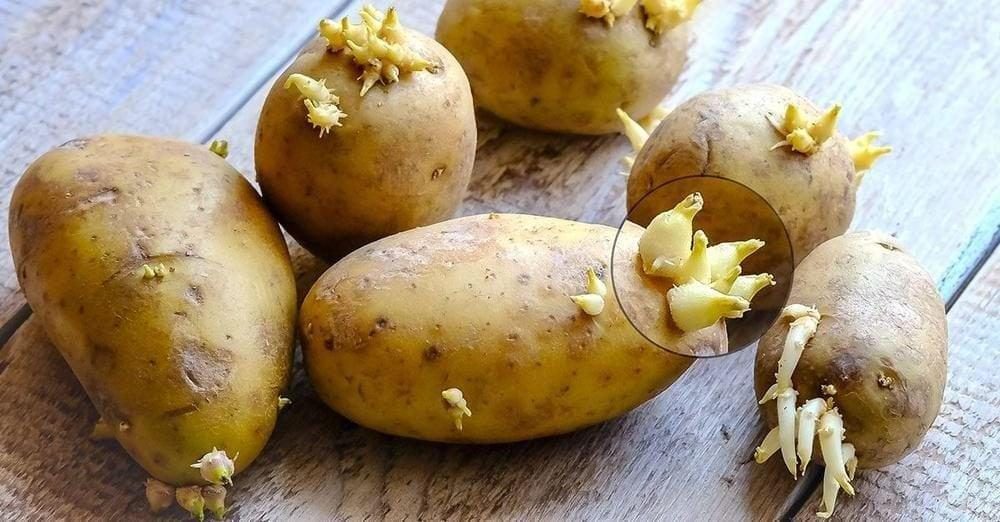How to Keep Peeled Potatoes From Turning Brown: 5 Tricks to Keep Them Perfectly Yellow
To prevent peeled potatoes from turning brown, immerse them in water, use an acidic bath, store them in the fridge, soak in saltwater, or rub with oil. These methods halt oxidation, keeping potatoes fresh. Oxidized potatoes are safe to eat, but avoid green parts containing solanine.

Potatoes are undeniably a staple ingredient in kitchens around the world. Their versatility makes them a perfect complement to a myriad of dishes, serving as a beloved comfort food for any occasion. Whether mashed, fried, or boiled, potatoes add a comforting richness to meals. However, one common challenge arises when we try to prepare them in advance. Peeling and cutting potatoes only to have them turn an unappetizing shade of brown can be discouraging. Fortunately, there are several tricks to prevent this from happening, ensuring your potatoes remain fresh and appealing until you're ready to cook them.
Why Do Potatoes Turn Brown?
The browning of potatoes is a natural process involving oxidation. When the flesh of a potato is exposed to air, an enzyme in potatoes called polyphenol oxidase reacts with the oxygen in the atmosphere. This reaction produces melanin, the same pigment that colors human skin, which leads to the brown discoloration. While it's a harmless change, it can make the potatoes look less fresh and appealing.
Methods to Prevent Browning
1. Water Immersion
The most common method to prevent potatoes from browning is to immerse them in cold water. Water acts as a barrier between the potato's flesh and the air, effectively halting the oxidation process. For an added benefit, a splash of vinegar or lemon juice can be added to the water, further slowing down the browning.

2. Acidic Bath
Before placing them in water, giving the potatoes an acidic bath can significantly slow down oxidation. Lemon juice or white vinegar can be diluted with water and used to coat the potatoes. This method not only adds a slight tanginess that can enhance flavor but also keeps the potatoes looking fresh.
3. Cold Storage
If you prefer not to use water, keeping the peeled potatoes in the cold can also slow down the oxidation process. Wrap them tightly in plastic wrap or place them in a sealable plastic bag and store them in the refrigerator. This method reduces exposure to air and slows down enzymatic activity due to the cold.
4. Use of Salt Water
Soaking peeled potatoes in a solution of cold water and salt can also prevent browning. The salt doesn't stop oxidation but it does slow it down significantly. Additionally, this method can season the potatoes slightly, adding a bit of flavor.

5. Rubbing with Oil
For those looking for a waterless method, lightly rubbing the peeled potatoes with a small amount of oil can create a barrier between the potato flesh and the air. This method is particularly useful if you're planning to roast or bake the potatoes as it prepares them for cooking.
Are Oxidized Potatoes Safe to Eat?
The good news is, oxidized potatoes are perfectly safe to eat. The browning is purely cosmetic and doesn't indicate spoilage or toxicity. However, it's important to note that extremely green parts of potatoes contain solanine, a toxin that can cause nausea and other digestive issues if consumed in large quantities. This greening is different from the oxidation process and such areas should be cut away before cooking.
;Resize,width=767;)
;Resize,width=712;)

;Resize,width=712;)
